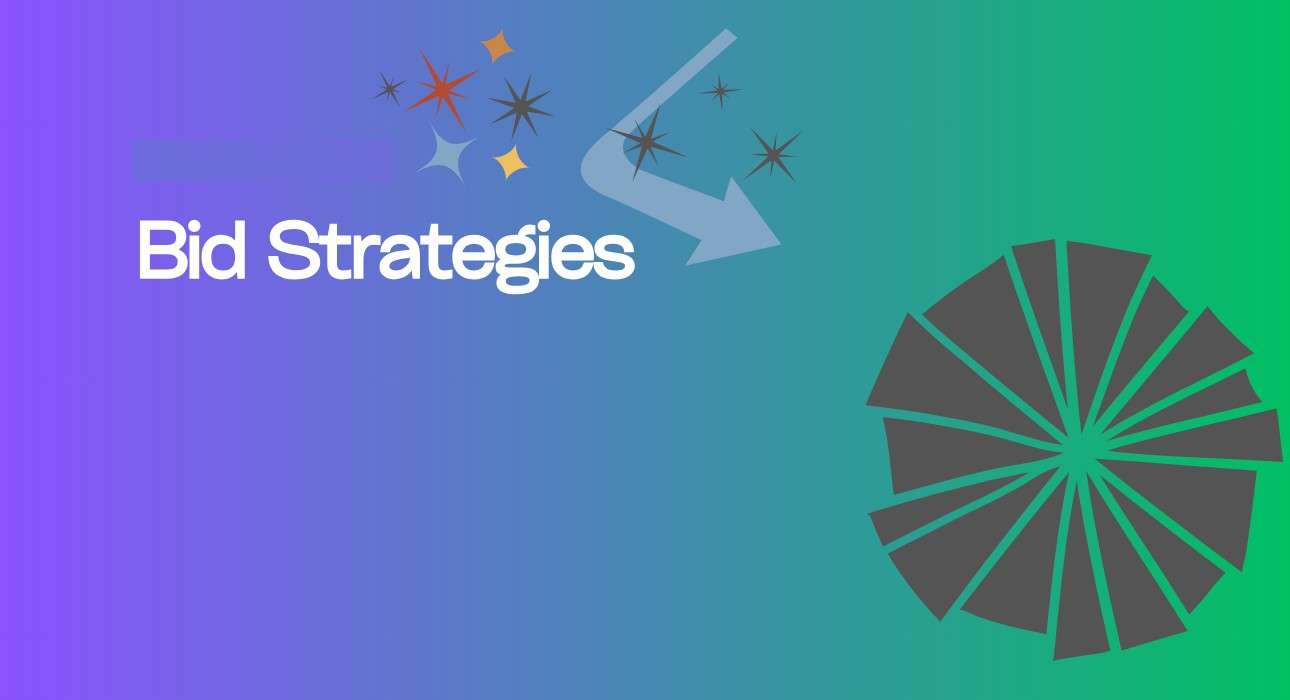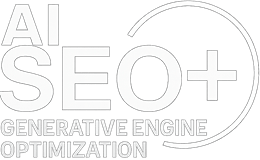Cursor
mode
SEO PLUS GEO
Mastering Bidding Strategies: A Comprehensive Guide

Bid strategies in Google Ads allow you to control how much you're willing to pay for clicks or conversions while optimizing for your specific goals. Whether you prefer manual control or automated solutions, selecting the right bidding strategy is crucial for maximizing campaign performance. Below is a detailed breakdown of the bid strategies process based on the given topics, with eight points for each.
Choose Between Manual and Automated Bidding
Choosing between manual and automated bidding allows you to select the most suitable approach based on your campaign goals, control preferences, and desired outcomes.
- Manual bidding provides full control over the maximum cost-per-click (CPC) for each keyword.
- Automated bidding uses machine learning to adjust bids in real-time, optimizing for specific goals.
- Manual bidding is ideal for campaigns where you want to control individual keyword bids.
- Automated bidding is more efficient for larger campaigns or those with more complex targeting needs.
- Both strategies offer benefits depending on the campaign's size and complexity.
- Use manual bidding if you want precise control over your bid amounts for each keyword.
- Use automated bidding if you're focused on optimizing for conversions or specific outcomes.
- Test and compare manual and automated bidding to determine which delivers better performance.
Optimize Bids for Conversions or Clicks
Optimizing bids based on conversions or clicks ensures that you're focused on achieving the goals that matter most to your campaign, whether that's maximizing site visits or driving actual sales.
- Focus on "Maximize Conversions" bidding to automatically set bids that maximize conversions.
- Use "Target CPA" (cost per acquisition) bidding to get more conversions at a specific cost.
- "Maximize Clicks" bidding aims to drive more traffic to your site within a set budget.
- "Target ROAS" (return on ad spend) bidding helps optimize bids based on the value of conversions.
- Choose the bidding strategy based on whether you want to prioritize traffic or conversions.
- Monitor your conversions and adjust the bidding strategy to ensure optimal performance.
- For click-based goals, use strategies like "Maximize Clicks" or manual CPC.
- For conversion-based goals, strategies like "Target CPA" or "Maximize Conversions" work best.
Adjust Bids by Location and Device
Adjusting bids based on location and device ensures that you're targeting the most profitable segments, optimizing for performance based on user behavior across different devices and regions.
- Increase bids for locations that have historically delivered better results or higher ROI.
- Reduce bids for underperforming locations to avoid wasting budget on less profitable areas.
- Adjust device bids based on how well your ads perform on mobile, tablet, or desktop devices.
- Use device targeting to focus on high-performing devices and improve conversion rates.
- Tailor bids to capitalize on seasonal trends or location-specific demand fluctuations.
- Monitor how different devices and locations perform to refine bidding strategies over time.
- Use bid adjustments to optimize for mobile users who may have different conversion behaviors.
- Regularly review your location and device performance to make informed bid changes.
Use Enhanced CPC for Better Results
Enhanced Cost-Per-Click (eCPC) is an automated bid strategy that adjusts manual bids to help improve conversions, offering a balance between control and performance optimization.
- eCPC adjusts your manual bids based on the likelihood of conversion, maximizing your potential ROI.
- It increases bids for clicks that are more likely to result in conversions and decreases them for less likely clicks.
- Use eCPC if you want more control over your bids but still want Google to help optimize for conversions.
- Ideal for campaigns where you want a balance between manual bidding control and automated performance improvements.
- Monitor how eCPC affects conversion rates and adjust manual bids accordingly.
- eCPC is often used when you are targeting a specific conversion goal but still want to manage your base bid.
- Ensure that you have enough conversion data for eCPC to optimize effectively.
- Regularly assess the performance of eCPC to fine-tune your bidding strategy over time.
Set Max CPC for Controlled Spending
Setting a maximum CPC gives you control over your ad spend by limiting how much you're willing to pay per click. This ensures that you don't overspend on individual clicks.
- Max CPC limits how much you're willing to pay for a click, ensuring cost control.
- Set Max CPC for individual keywords to avoid overspending on less profitable keywords.
- Ideal for campaigns where you need to strictly manage your budget or have a fixed cost-per-click goal.
- Use Max CPC in manual bidding for tighter control over costs and bidding limits.
- Max CPC can help prevent bidding wars by limiting the highest bid you’ll accept.
- Adjust Max CPC regularly based on keyword performance and budget considerations.
- Monitor keyword performance and refine Max CPC settings to ensure you're getting value for money.
- Set Max CPC according to your target cost-per-conversion or other performance metrics.
Monitor and Tweak Bid Strategies Regularly
Regular monitoring and tweaking of bid strategies ensure that your campaigns are continuously optimized for performance and cost-efficiency.
- Regularly assess your campaign data to identify opportunities for bid adjustments.
- Fine-tune your bidding strategy as you collect more data and understand what drives conversions.
- Make data-driven decisions on bid adjustments by analyzing key performance metrics.
- Test different bidding strategies and monitor performance to find the most effective approach.
- Optimize bids based on changes in competition, market conditions, or seasonal demand.
- Adjust bids periodically to ensure you’re not overspending on low-performing keywords or regions.
- Monitor the performance of automated bid strategies to ensure they align with your goals.
- Regularly review your bid strategies and update them to ensure they remain effective.
Conclusion
Bid strategies in Google Ads are essential for controlling costs, optimizing ad performance, and achieving specific campaign goals. Whether you prefer manual bidding for full control or automated strategies for more efficient optimization, selecting the right bid strategy is crucial. By adjusting bids for location, device, and using advanced strategies like eCPC, you can maximize your return on investment while maintaining control over your ad spend. Regular monitoring and adjustments are key to ensuring your bids remain competitive and effective.



